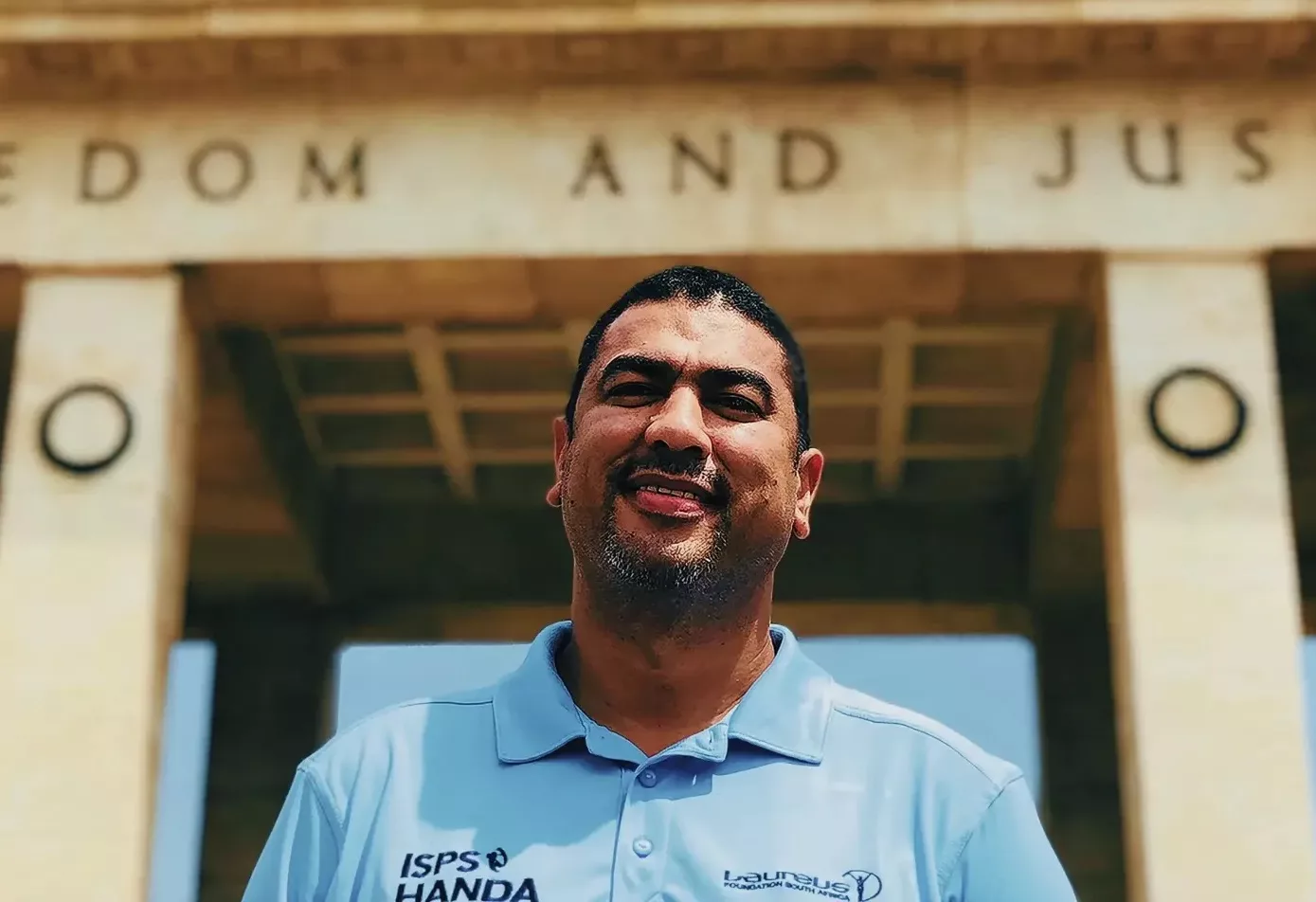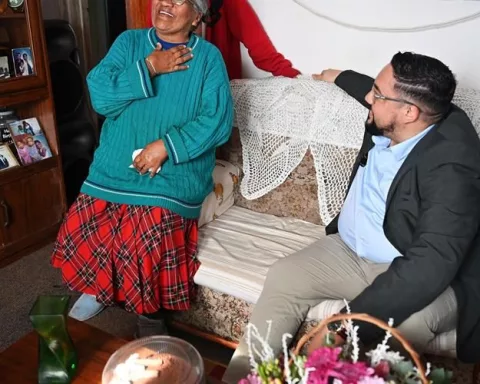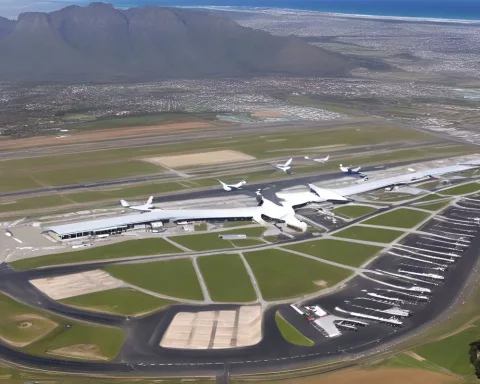PRASA, the Passenger Rail Agency of South Africa, is rejuvenating 27 commuter rail lines as part of its mission to improve public transit in the country. Despite facing obstacles like vandalism and operational issues, PRASA has been working on infrastructural projects to modernize the railway system. The revival of key commuter routes will not only enhance passenger experience but also provide a more sustainable travel option. While there are concerns about safety and expenses, PRASA is taking measures to address these issues and provide necessary information for travel arrangements.
The Passenger Rail Agency of South Africa (PRASA) has taken an unprecedented step towards improving public transit by announcing the rejuvenation of 27 commuter rail lines. This move is part of PRASA’s consistent efforts to remodel South Africa’s railway system and offer citizens a reliable and efficient transportation option.
PRASA’s History and Governance
PRASA was established in 2008, consolidating several railway establishments under its umbrella and revolutionizing South Africa’s railway services. Its subsidiary, Metrorail, services metropolitan areas, while Shosholoza Meyl provides long-distance travel options. PRASA’s governance encompasses a lion’s share of the country’s railway assets, ensuring their upkeep and development.
Overcoming Obstacles
Despite its successes, PRASA has faced several obstacles, including vandalism and operational shortcomings that caused a dip in reliability. To counter these issues, PRASA embarked on infrastructural projects, including the launch of the ‘People’s Train’ as part of an ambitious modernization plan.
Reviving Key Commuter Routes
Crucial commuter routes, such as Cape Town’s Central Line, have experienced considerable interruption. The renewal of these pivotal arteries is integral for daily commuters and the environment, as rail transport is a more sustainable option.
Enhancing Passenger Experience and Network Capacity
The revival of commuter lines goes beyond infrastructural growth; it aims to enhance the passenger journey and bolster the rail network’s capacity and dependability. As South Africa recalls the vital function the rail system played during the 2010 FIFA World Cup, the country anticipates a revived public transport service.
Mixed Public Reaction
While some exhibit enthusiasm for more economical travel methods, worries about safety and security linger. PRASA’s measures, which include ongoing surveillance and advancements, aim to quell these apprehensions. Doubts also hover regarding the extent of services and the expenses of vehicular transport, but the agency persists in providing necessary information to aid travel arrangements.
A Brighter Future for South African Commuters
As PRASA steers the wheels back on track, the future of South African commuter travel is accelerating. Revitalizing the railway system offers convenience, sustainability, and a thrust to the nation’s voyage towards advancement.
For the most up-to-date information on PRASA’s progress and services, stay in touch with CapeTown.today, your trusted source for news that propels you.
What is PRASA?
PRASA is the Passenger Rail Agency of South Africa, responsible for improving public transit in the country by rejuvenating 27 commuter rail lines. It was established in 2008 and governs a majority of the country’s railway assets.
What challenges has PRASA faced?
PRASA has faced obstacles like vandalism and operational issues, causing a dip in reliability. To counter these issues, PRASA has embarked on infrastructural projects, including the launch of the ‘People’s Train’ as part of an ambitious modernization plan.
Which commuter routes are being revived?
Crucial commuter routes, such as Cape Town’s Central Line, are being renewed. The revival of these pivotal arteries is integral for daily commuters and the environment, as rail transport is a more sustainable option.
How will PRASA enhance the passenger experience and network capacity?
The revival of commuter lines aims to enhance the passenger journey and bolster the rail network’s capacity and dependability. As South Africa recalls the vital function the rail system played during the 2010 FIFA World Cup, the country anticipates a revived public transport service.
What concerns do the public have about PRASA’s services?
There are concerns about safety and expenses, but PRASA is taking measures to address these issues and provide necessary information for travel arrangements. Doubts also hover regarding the extent of services and the expenses of vehicular transport.








